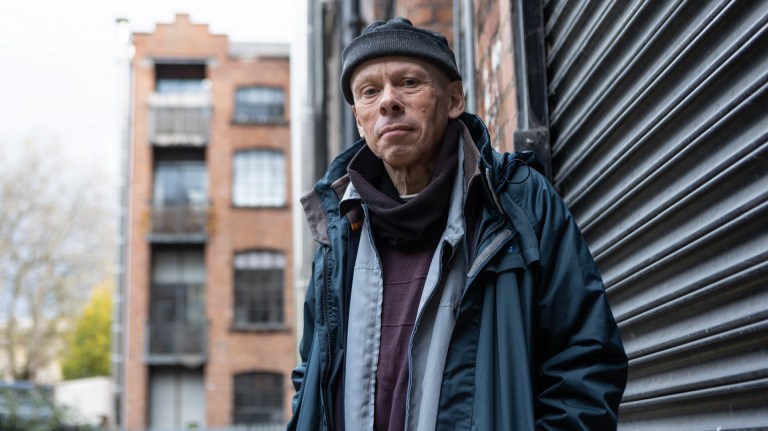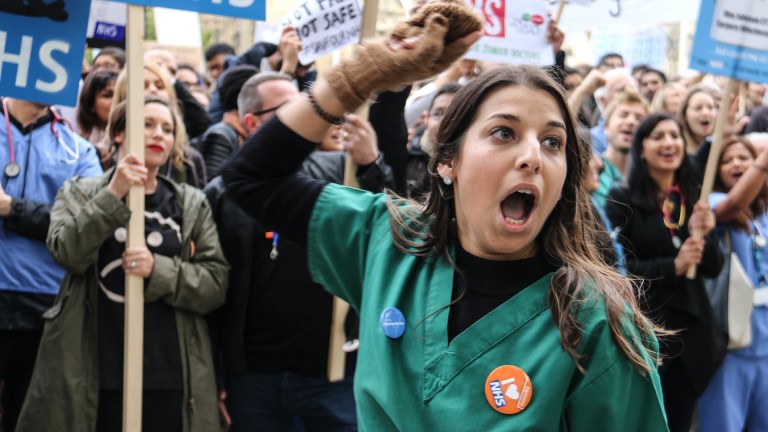“Ten million people in the UK can’t put food on the table – they won’t feel this review speaks for them or helps them. We needed ambition and radicalism and we have not got that in this review. It is certainly a missed opportunity to enshrine the Right To Food into legislation and help to bring ten million people out of food poverty.”
Though arguing that it did not go far enough, Byrne did welcome some of the new recommendations, including the plan to increase the number of children eligible for free school meals.
The report suggests money raised by new taxes could fund the extension of free school meals to families earning less than £20,000. This would mean an additional 1.1 million children could access the service. The meals are currently only given to children from households with an income below £7,400.
“We of course welcome findings such as the increased eligibility of 1.1 million children for free school meals,” Byrne said. “This is a step in the right direction, and we recognise measures like this as an acknowledgement of our campaign and as a small step in tackling the evils of food poverty in the UK.”
But, he added, “Accepting the analysis of the Right To Food without meeting its political ambition is not enough.”
The UK’s food poverty rate is among the highest in Europe. Despite being the sixth richest country in the world, millions are struggling to access the food they need.
Nearly six million adults and 1.7 million children were struggling to get enough food between September 2020 and February 2021, according to a report from the Environment, Food and Rural Affairs committee.
The National Food Strategy report, developed after the first review of England’s food system in 75 years, acknowledges that economic measures to tackle poverty are beyond the remit given to Dimbleby when Michael Gove commissioned the project in 2019.
“Ideally, of course, the true cost of eating healthily should be calculated into benefits payments,” the report said.
“Studies in this country have shown that, as poorer families’ income goes up, they spend more on fruit, vegetables, oily fish and other foods rich in vitamins and minerals.”
It will take not just political will but a lot of investment tooProfessor David Barling
The government should increase its spending on schemes to improve food education and helping low-income families access good quality food, according to the report, proposing a Community Eatwell programme for GPs to prescribe fruit and vegetables to people on low incomes.
Welcoming the “comprehensive and clear” strategy, Laura Sandys – chair of Food Foundation – said the challenges “cannot be solved with piecemeal one-off initiatives, but require deep systemic change”.
The report is a “very well researched and detailed investigation with some strong policy recommendations,” Professor David Barling – head of the Centre for Agriculture, Food and Environmental Management Research at the University of Hertfordshire – told The Big Issue.
“It’s pragmatic in its recommendations,” he added. “They’ve gone with policies they feel the current political administration might address.”
But questions remain around how the report’s suggestions will be put into practice, Barling said.
“They haven’t addressed the the bigger issue of how you coordinate food policy through government. That’s the thing that’s really missing for me. I think it’s a missed opportunity, frankly.
“The Food Standards Agency will have to ensure that the action required for good food is carried out, but at the moment I can’t see how it has the capacity to do that. It will take not just political will but a lot of investment too.”
The government will publish its full response to the National Food Strategy in a white paper in six months’ time, followed by a progress review by Dimbleby after another six months.









